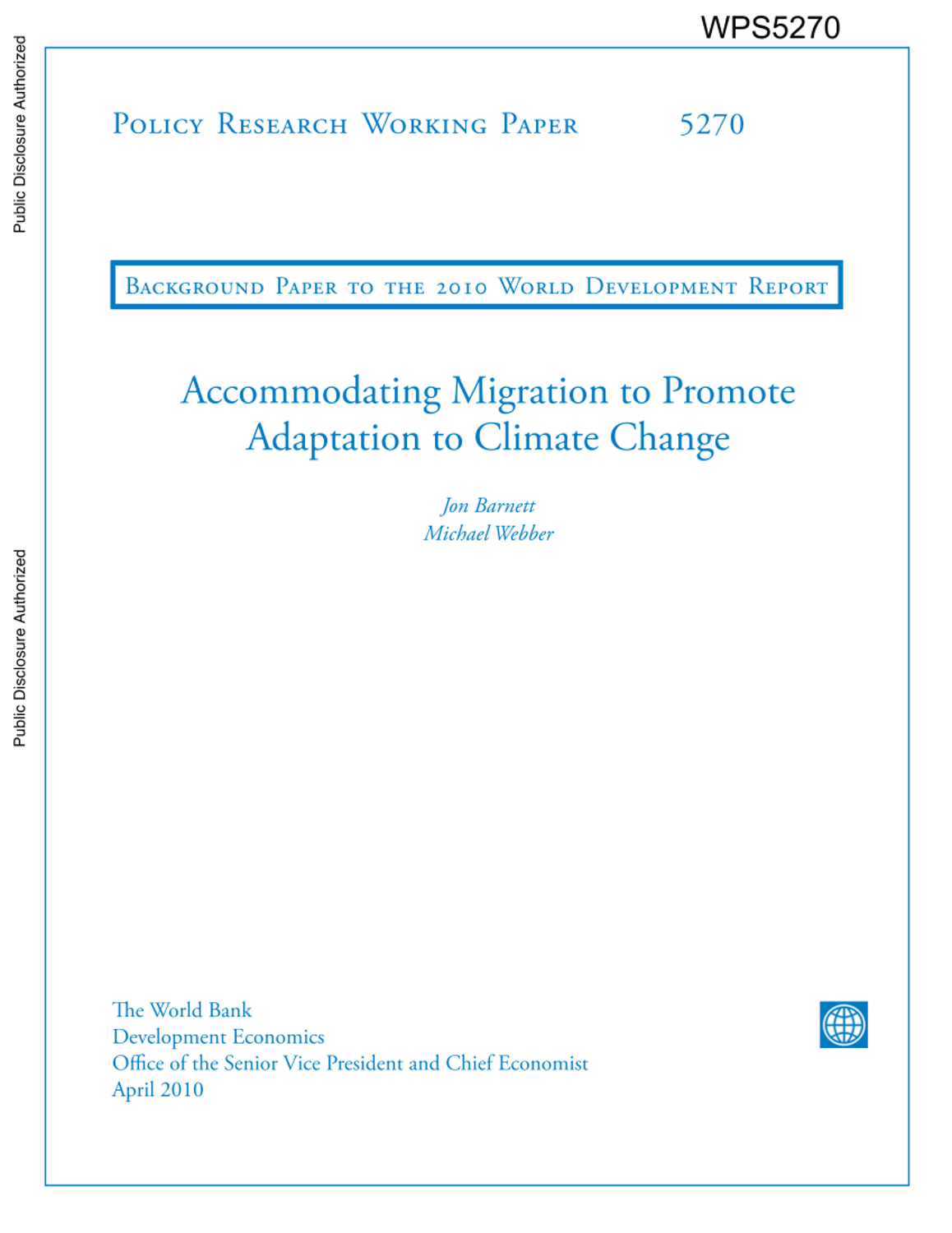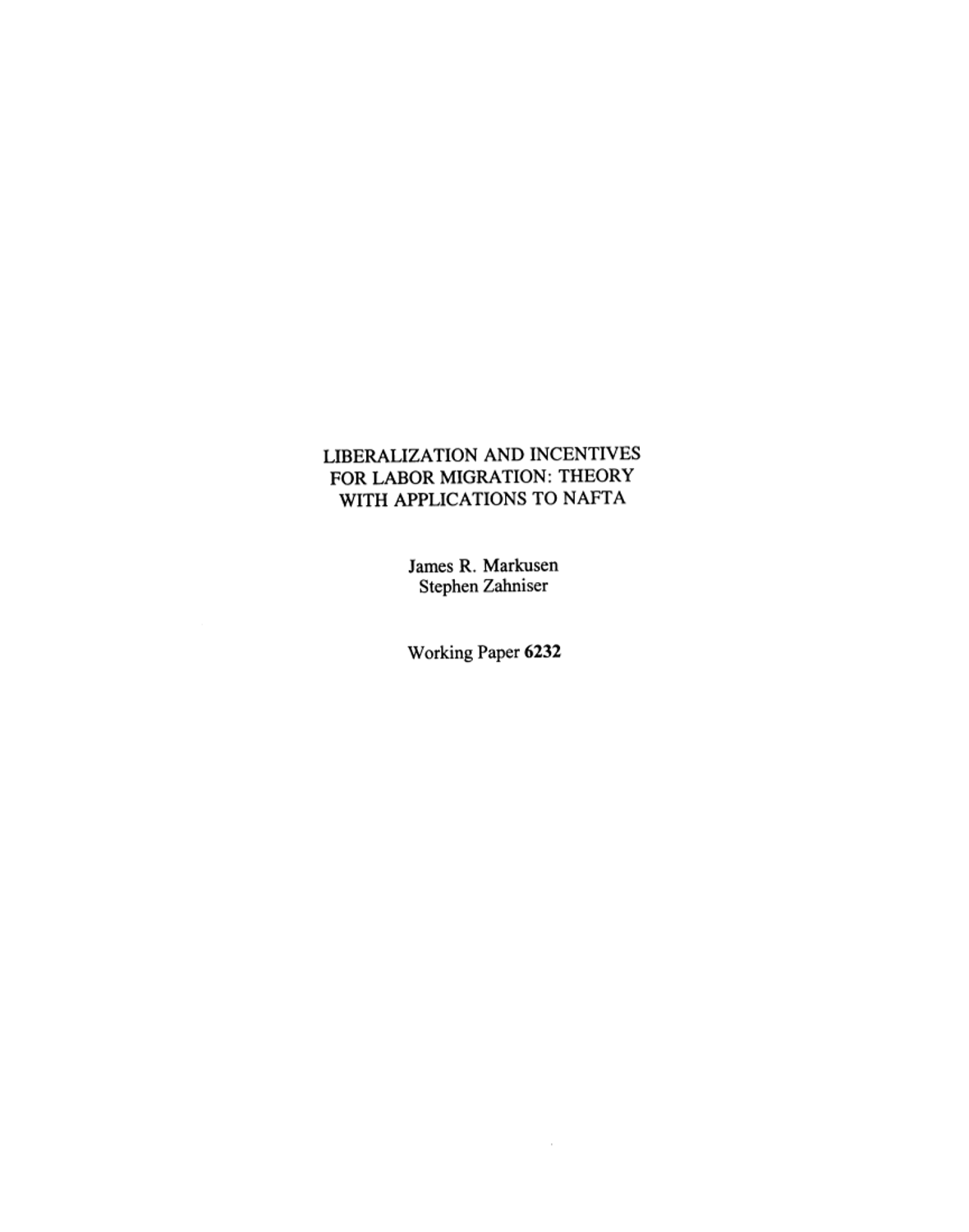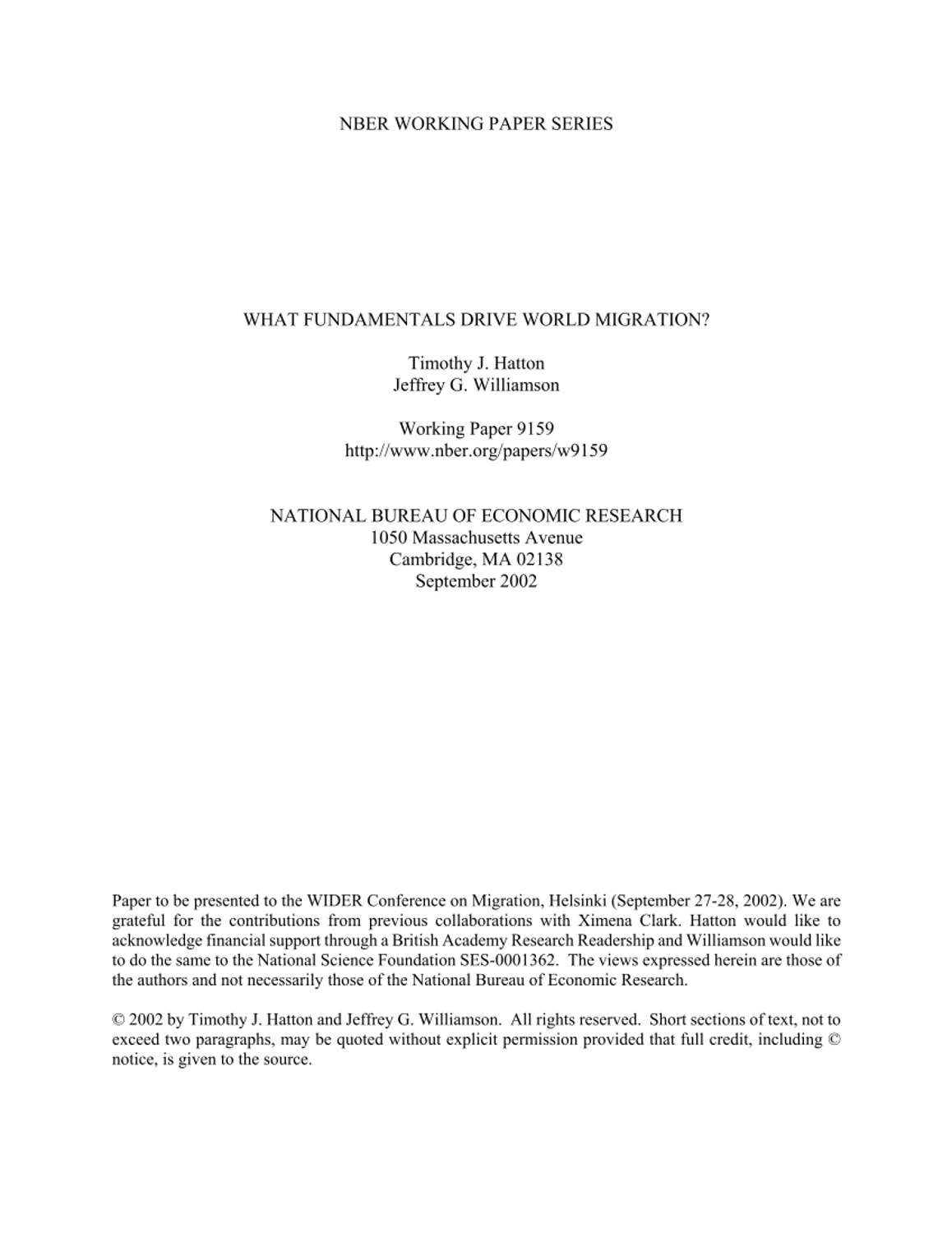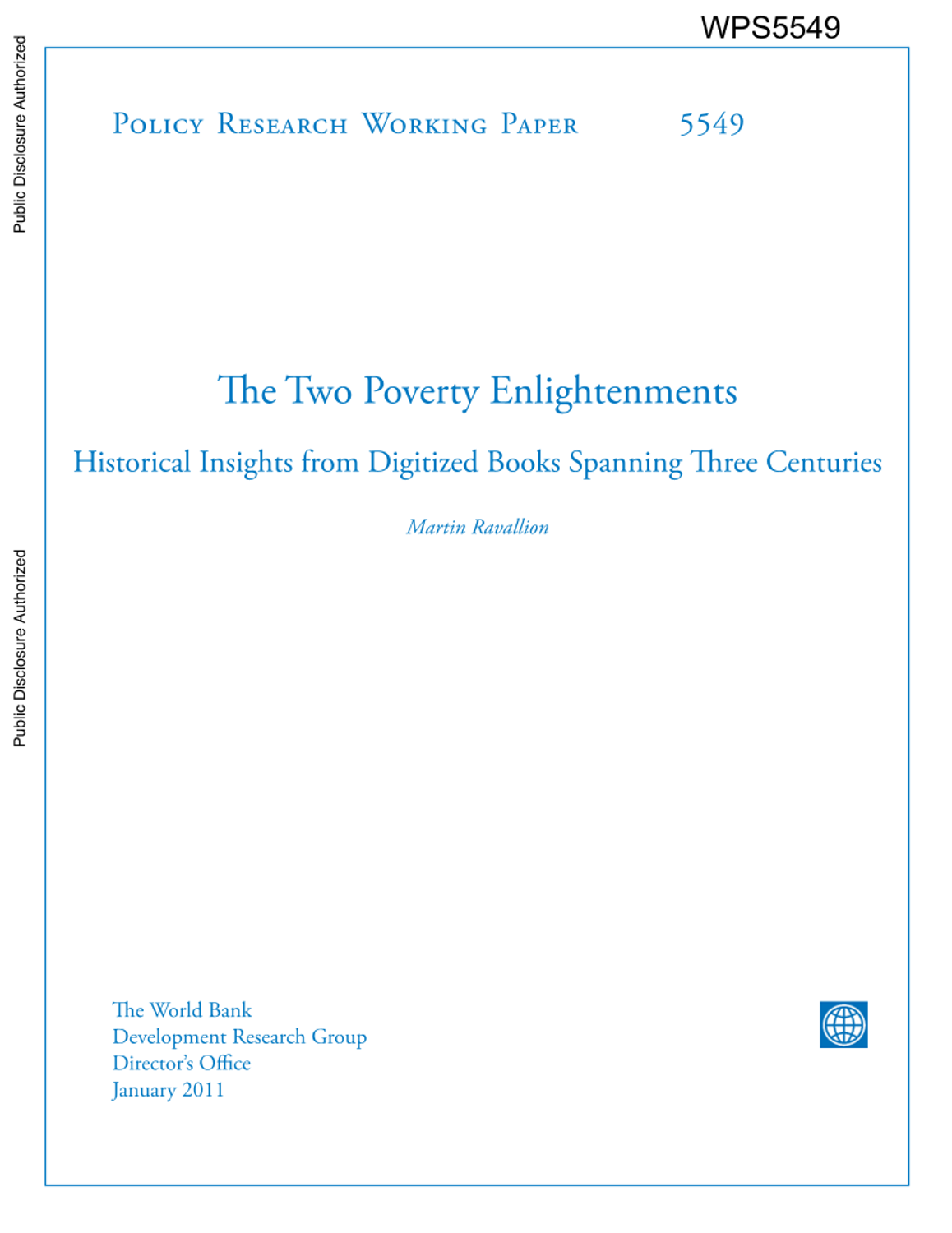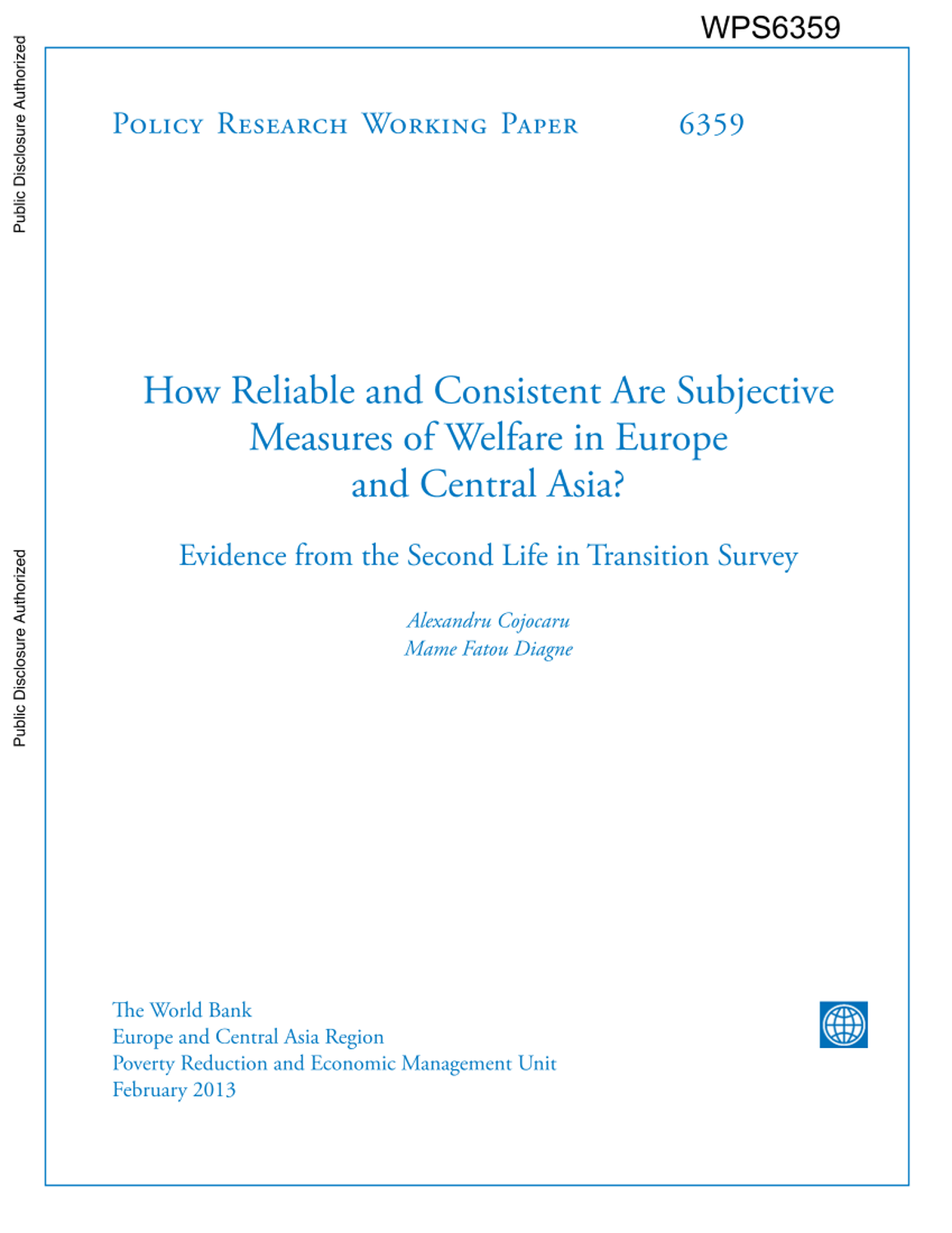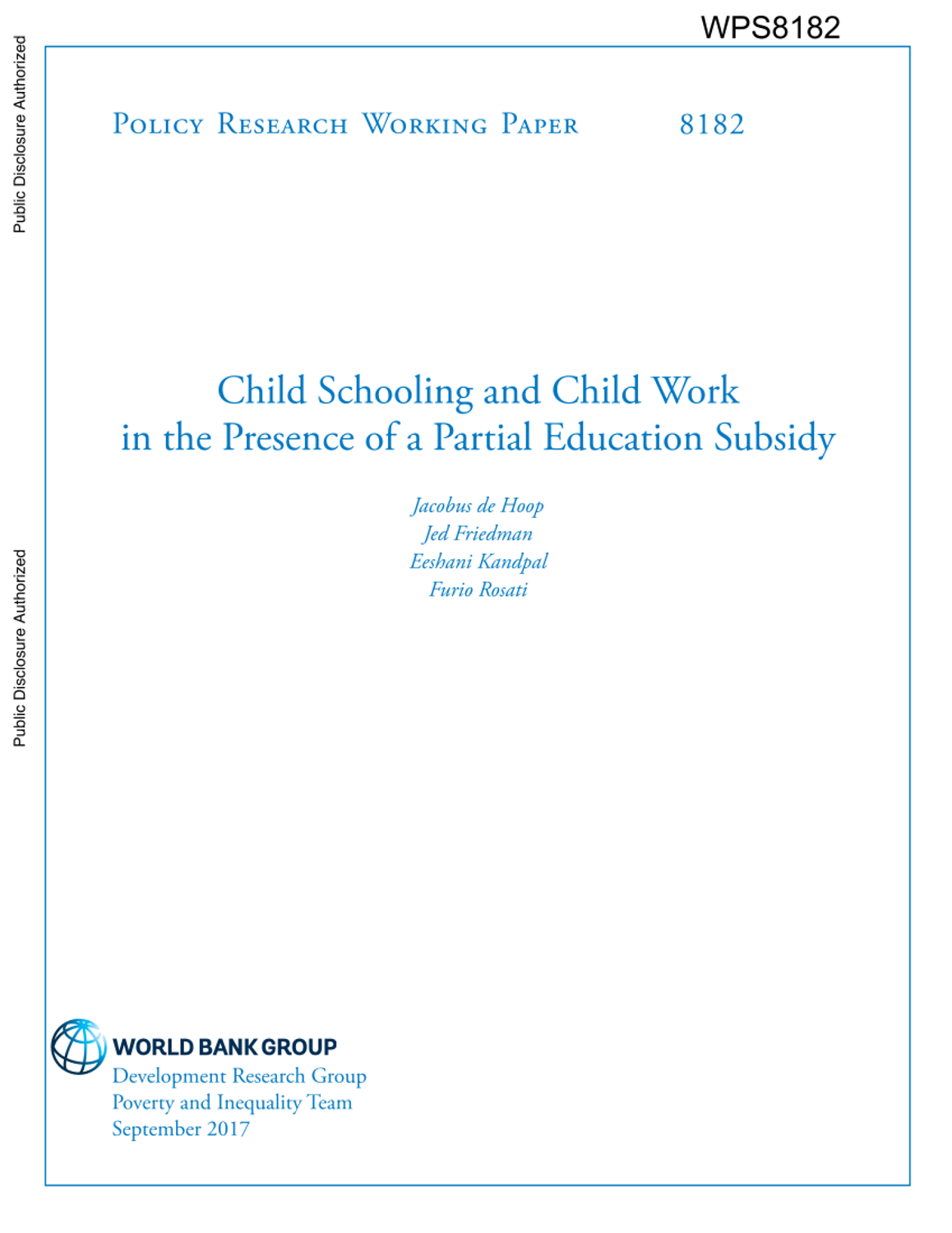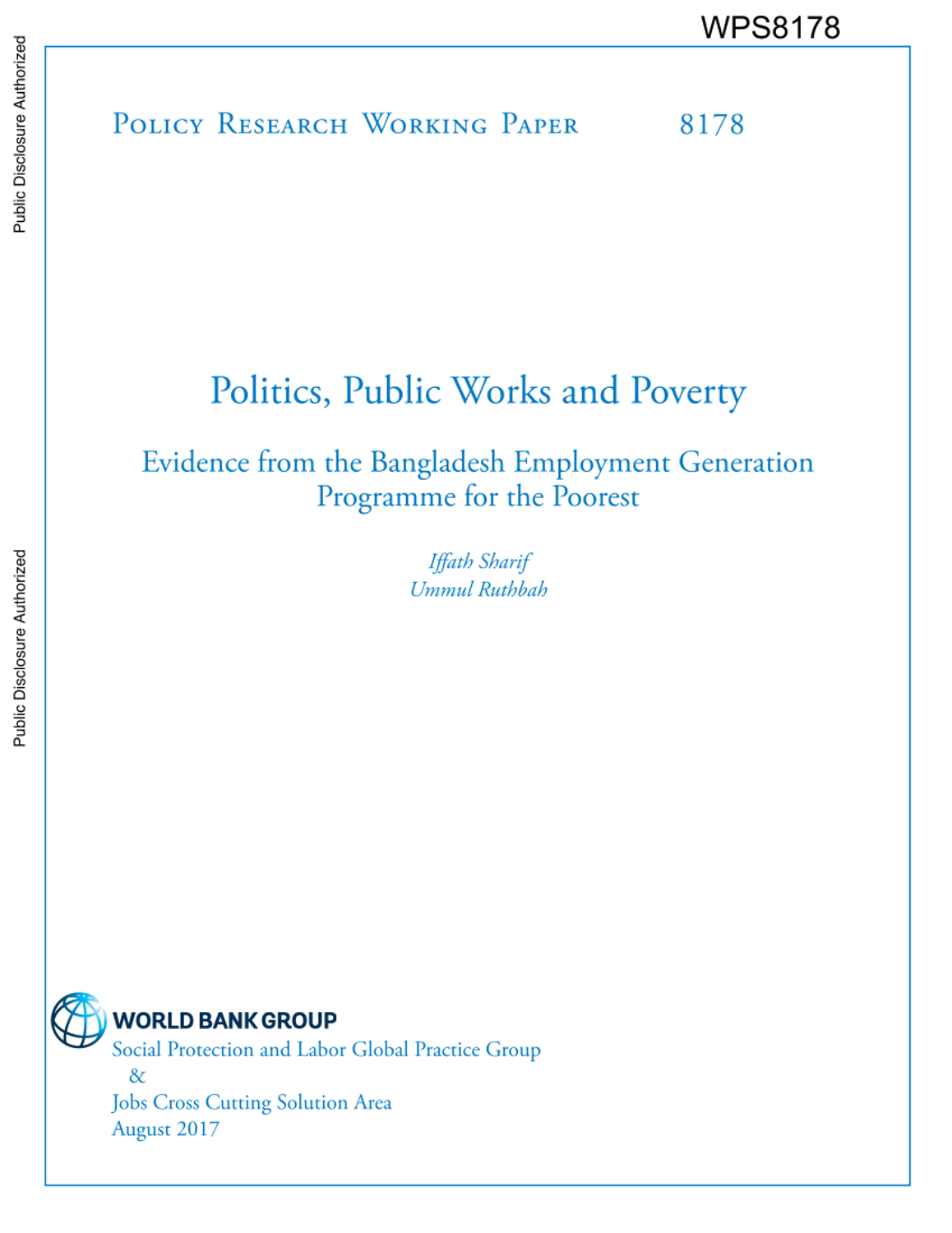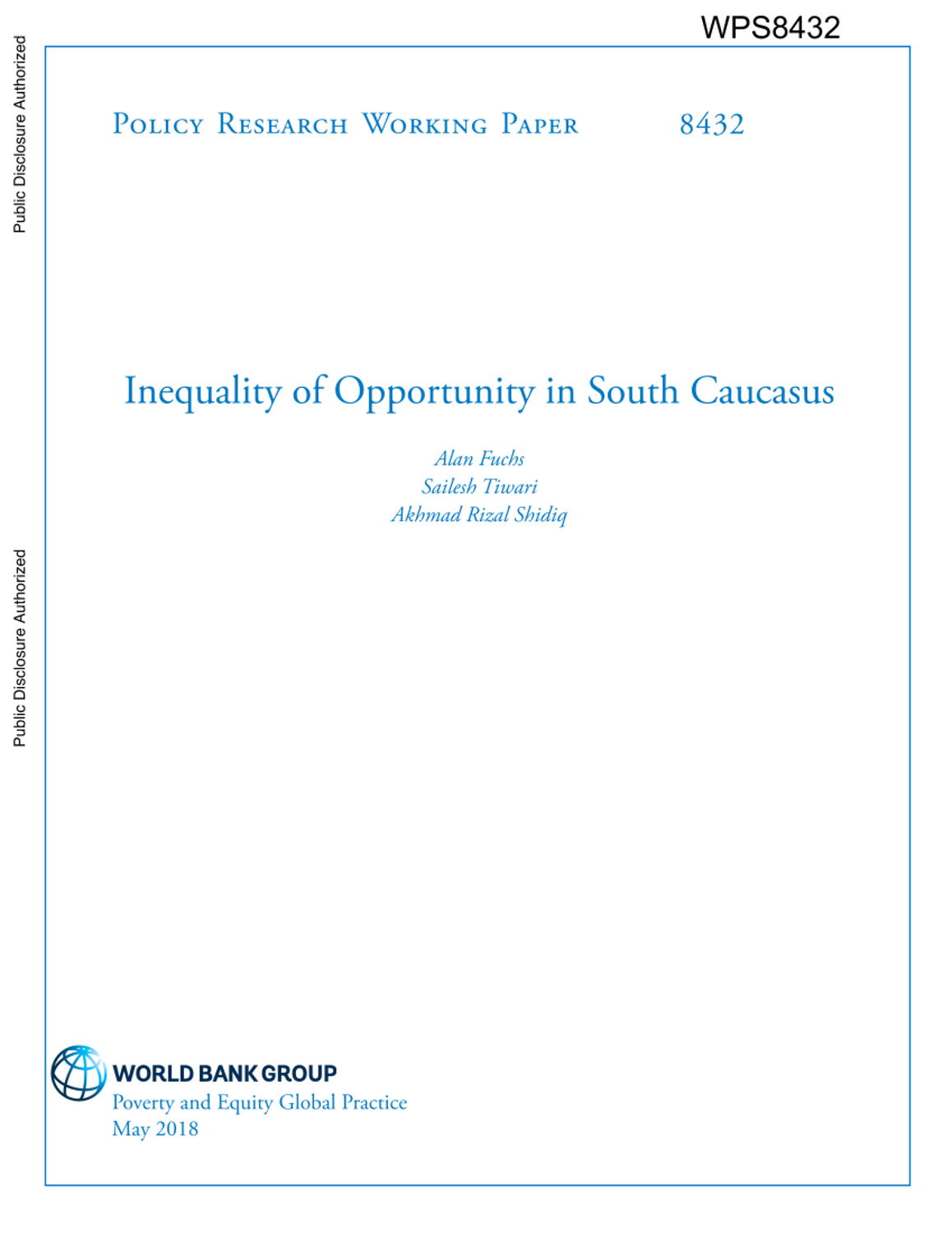연구보고서World Bank Policy Research Working Paper 5270
Accommodating migration to promote adaptation to climate change
- 청구기호
- WPS 5270
- 발행사항
- Washington,D.C : World Bank, 2010
- 형태사항
- 64 p. :. PDF file ;. 675 KB
- 바로가기
소장정보
| 위치 | 등록번호 | 청구기호 / 출력 | 상태 | 반납예정일 |
|---|---|---|---|---|
이용 가능 (1) | ||||
| E0001379 | 대출가능 | - | ||
이용 가능 (1)
- 등록번호
- E0001379
- 상태/반납예정일
- 대출가능
- -
- 위치/청구기호(출력)
책 소개
This paper explains how climate change may increase future migration, and which risks are associated with such migration. It also examines how some of this migration may enhance the capacity of communities to adapt to climate change. Climate change is likely to result in some increase above baseline rates of migration in the next 40 years. Most of this migration will occur within developing countries. There is little reason to think that such migration will increase the risk of violent conflict. Not all movements in response to climate change will have negative outcomes for the people that move, or the places they come from and go to. Migration, a proven development strategy, can increase the capacity of communities to adapt to climate change. The fewer choices people have about moving, however, the less likely it is that the outcomes of that movement will be positive. Involuntary resettlement should be a last resort. Many of the most dire risks arising from climate-motivated migration can be avoided through careful policy. Policy responses to minimize the risks associated with migration in response to climate change, and to maximize migrations contribution to adaptive capacity include: ensuring that migrants have the same rights and opportunities as host communities; reducing the costs of moving money and people between areas of origin and destination; facilitating mutual understanding among migrants and host communities; clarifying property rights where they are contested; ensuring that efforts to assist migrants include host communities; and strengthening regional and international emergency response systems.

